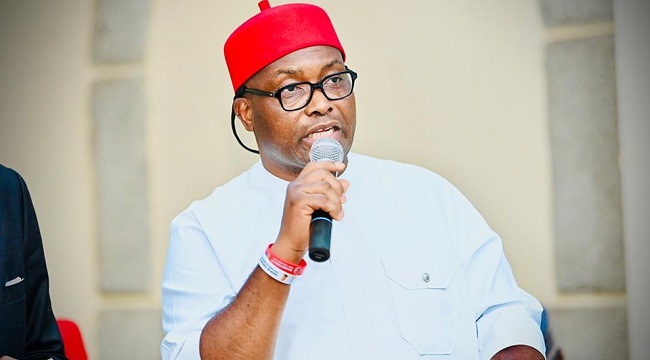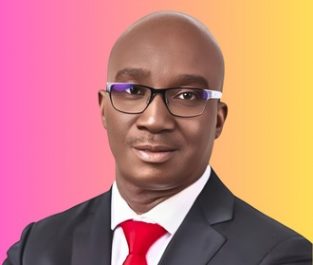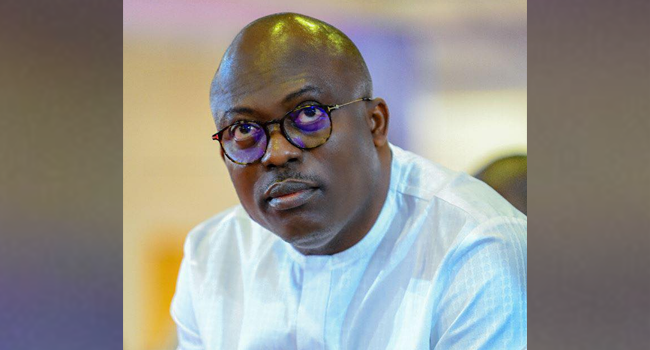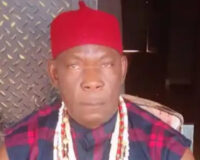By Osmund Agbo
The year was 1970 and the day was January 15. On that date in history, Major-General Phillip Efiong, Biafra’s chief of general staff and interim head of state announced the end of the two-and-a-half year armed conflict that took the lives of an estimated two million human beings.
Though General Gowon had declared the war as having ‘no victor, no vanquished’, which was widely hailed, the reality on the ground was far from the magnanimous picture he painted. Every Igbo man, regardless of prior financial standing prior to the was handed a meagre twenty pounds to start all over.
In fact, Igbos were let in to what was to come way before the war ended with the Abandoned Property Edict of 1969. Hiding behind that edict, the Rivers State government actively sought to dispossess the Igbos of their estate.
Today, by virtue of a strong work ethic, incredible can-do spirit and an abiding faith in the Most High, it’s fair to say that the Igbo nation, against all odds, has successfully been rebuilt to become one of the strongest middle class economies of the world. Fifty years after the fact, however, the Igbo man continues to be treated like an alien in the only country he calls his own, Nigeria. It’s been one hell of a treacherous journey on the path to integration.
Every passing year, Nigeria’s Igbo problem continues to increase and their fate made worse. The prospect of a full integration with the rest of the country remains a pitiful mirage. Many Igbo youths are frustrated and getting increasingly agitated by an unspoken glass ceiling that tends to limit the extent of what is available to them in the context of Nigeria. To make matters worse, those who claim to represent them at the centre make no pretensions of acting beyond personal interests. This was the context from which the Indigenous People of Biafra (IPOB), a separatist group was born.
He neither commanded the majestic aura of an Ikemba nor wore the exuberant whiskers of the Biafran warlord. His dimunitive frame and frail stature stand in sharp contrast to the larger than life image that rivals that of a cult figure. To a good number of our people who calls him the Supreme Leader, Mazi Nnamdi Kanu is Chukwuokikeabiama incarnate. To add to his mystery, every now and then he launches into the theatre of the absurd, donning a yarmulke and dishing out blessings in the manner of a Rabbi.
Following Mr. Kanu’s arrest and subsequent detention by the federal authorities, he became an overnight sensation. Among young Igbos, he represented the defiant face of a renewed struggle for self-determination. Of late, no one should take more credit than his movement for re-igniting the flame. Soon after, however, the veil got lifted and the euphoria died down pretty quickly.
It became obvious that our Lion king lacked any credible strategy to advance the struggle other than chest thumping and rabble-rousing. In his frustration, insults were hauled at anyone that dared query his method. From addressing other ethnic nationalities in unflattering ways that bordered on xenophobia to calling for armed insurrection against the Nigerian state, it was clear that Kanu had expended every goodwill needed in the struggle. From then on, most of his actions revolved around spewing verbose expletives and teetering on crass brinkmanship.
Another source of confusion is Mr. Kanu’s effort at international diplomacy. Whether it is courting the recognition of Turkey, a nation that for long has been on the radar as a state sponsor of Boko Haram or his visit to the U.S. as a guest of Steve King, the Iowa congressman known for his racist vitriol against black people. All these, while walking around, dressed like an orthodox Jew. Any attempt to question his modus operandi will earn you the opprobrious label of a sell-out and his boys will come after you, holding back no punches.
In recent years, there has been a recurring pattern of self-defeating power tussle between Ohaneze Ndigbo on one hand and IPOB on the other. Both group continue to jostle for relevance on who is better positioned to speak on behalf of the Ndigbo. For now, IPOB with all her baggage, seems to be winning in the propaganda war. There is no doubt that public sympathy lies with them.
The huge challenge facing Ohaneze, the apex Igbo socio-cultural organization, remains the issue of credibility. Many still regard it as part of the old capitulating and self-centered political order, ever ready to mortgage the future of Ndigbo on a whim.
The biggest target of Kanu’s diatribe is no other than the Ohaneze leadership, whom he continues to accuse of having sold out to the northern oligarchs. In all fairness to Ohaneze, Kanu is yet to provide any iota of proof of this. Instead, the group under Chief Nnia Nwodo, appears to have reinvented itself.
It remains very focused and hard at work, making the case for Ndigbo despite all the name calling and distractions. The current president has also been able to galvanise similar groups in the South-West, South-South and the Middle Belt, and together they are making a stronger push for restructuring Nigeria. Sometimes it’s a little easier when you partner with others than when you go it all alone.
Recent I watched a BBC Igbo segment on the Biafran war that features the only surviving minister of the First Republic, Mr. Mbazulike Amechi. In that interview, the elder statesman bemoans one of the major mistakes made during the war. Ojukwu, he lamented, rounded up notable Igbo leaders and put them out of circulation.
M.I Okpara and Dr. G.C Mbanugo of the National Council of Nigeria and the Cameroons (NCNC) were thrown into jails in Uyo and Warri, while Zik and a few of his cohorts were placed under house arrest. The Biafran leader might have taken those actions out of the abundance of caution, since he was clearly suspicious of the political class. But then, Biafra missed out on the opportunity to tap into a rich reservoir of experience and wisdom that could have helped in the war effort or designing a pathway for sustainable peace.
Just to be clear, IPOB, despite all its shortcomings, continues to play a vital role in awakening the consciousness of a nation to the plight of Ndigbo. Love it or hate it, the group will always be remembered for keeping the flame burning. Nnamdi Kanu already has a rendezvous with history. But now is the time for him to humble himself and work with others as a team.
Before IPOB was MASSOB, and he needs to remember that the light doesn’t shine bright forever. Ohaneze, on her part, should continue to reach out across the divide. Our strategies may differ but in the end our goal is the same, namely: a better life for our people.
The ability to successfully navigate the murky waters of Nigerian politics depends on how well Ndigbo can merge the youthful zeal of a Kanu and the cautious wisdom of a Nwodo. Working together and not against each other will alter our trajectory and carry us further.
Osmund Agbo is the president/CEO of African Center for Transparency.







